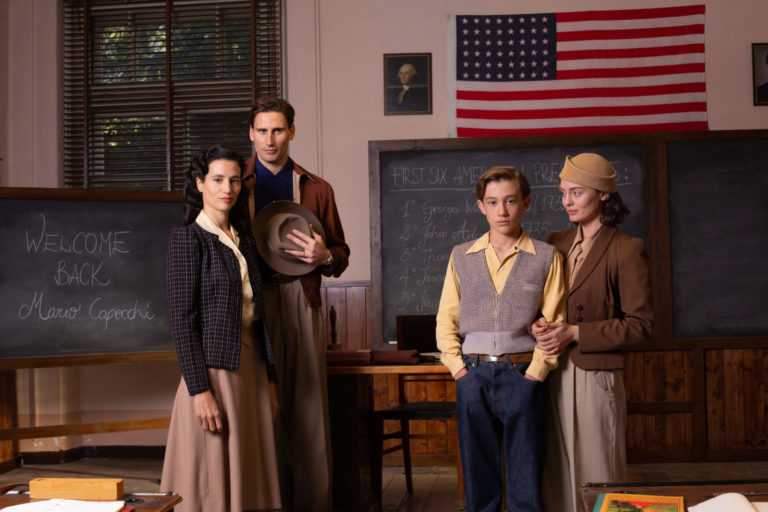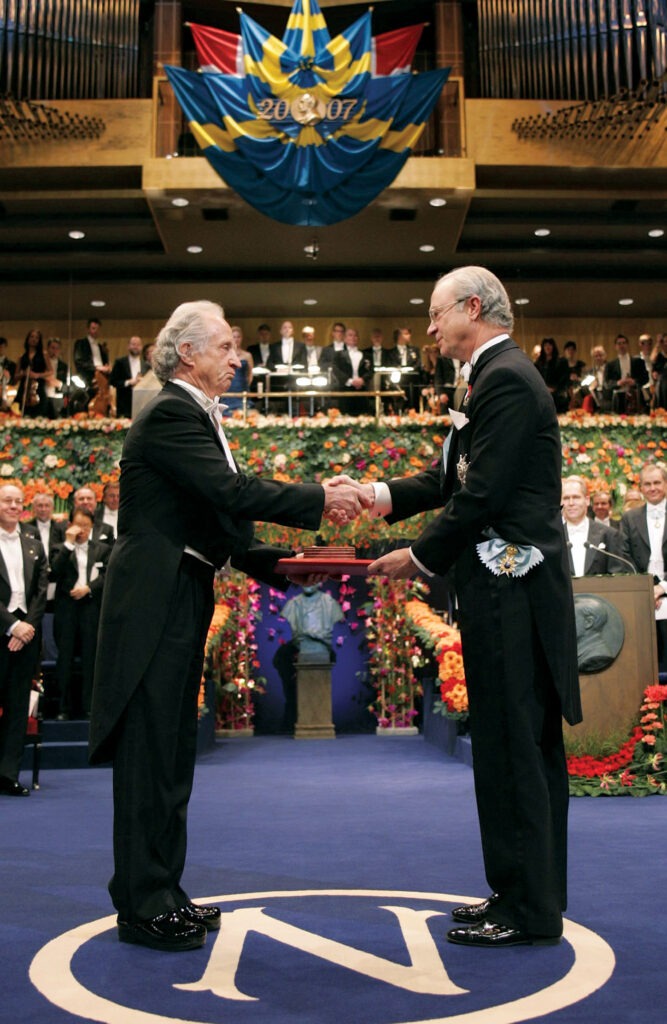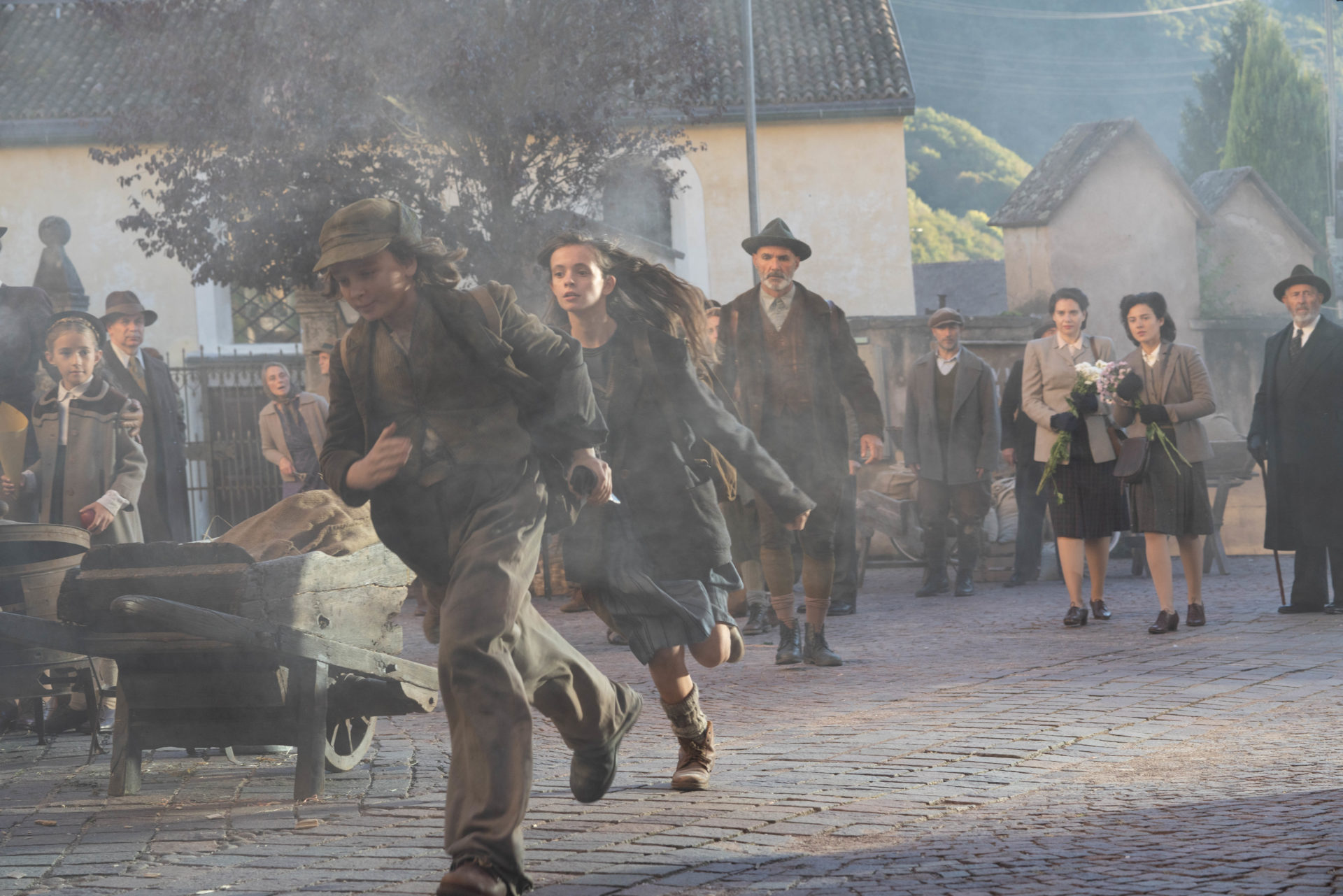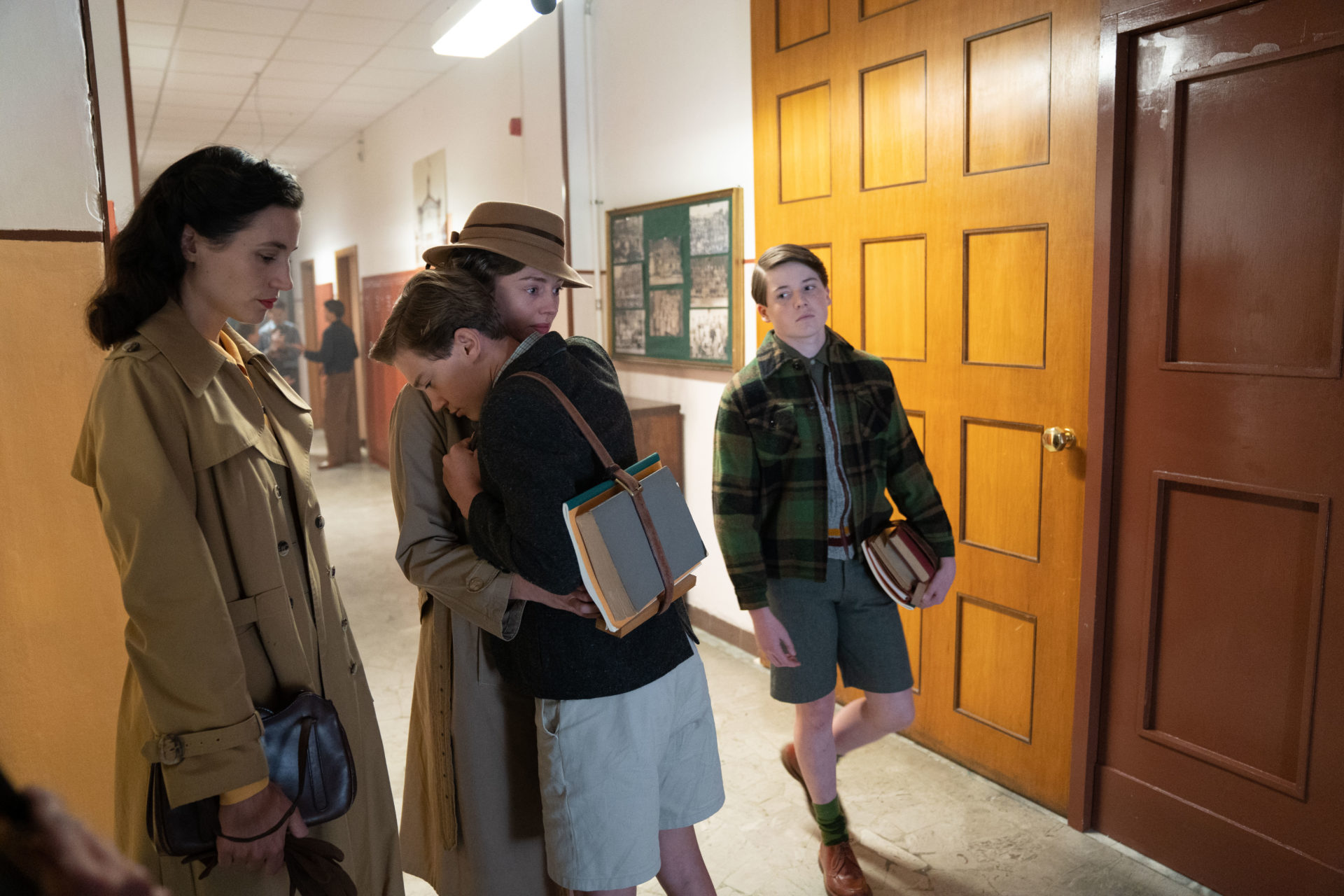
Roberto Faenza is an Italian film director, screenwriter and university professor who has a bountiful experience with international projects, having directed actors such as Harvey Keitel, Keith Carradine, Kristin Scott-Thomas, Miranda Richardson and Sex Pistols leader Johnny Rotten. He also has a deep sensitivity in telling stories that portray child psychology, which is an approach he reprises with his latest film Hill Of Vision, about the childhood of Mario Capecchi, winner of the Nobel Prize for Medicine together with his colleagues Martin Evans and Oliver Smithies in 2007.
Mario Renato Capecchi has been a Researcher at Howard Hughes Medical Institute since 1989 and a Professor of Human Genetics at the University of Utah Medical Faculty, he is the one who created in 1986 the knockout mouse, i.e. a genetically modified mouse in which researchers have inactivated an existing gene by replacing it or disrupting it with an artificial piece of DNA. Since then, transgenic mice have allowed to study many genetic causes of human diseases, from cancer to Alzheimer’s.

Capecchi’s genius developed throughout a challenging personal history that eventually lead to his scientific successes. Mario’s childhood was characterised by hunger and struggle. Since necessity is the mother of invention, the scientist himself considered his achievements as the result of the experience he lived in his youth fighting for survival. His personal story is also a great lesson in humility and determination, two fundamental qualities for a researcher.
Faenza’s motion picture retraces his first years of life lived as a child abandoned in the streets of Italy troubled by warfare, and his unconventional experience as an expat in an American intentionally cooperative community called Bryn Gweled, the Welsh name for “Hill of Vision.”
The narrative takes place during World War II in South Tyrol. Little Mario (Lorenzo Ciamei) is only four years old when his mother (Laura Haddock) — the American poetess and political activist Lucy Ramberg — is arrested by the fascists in 1941 and interned in a German concentration camp. The future scientist is initially entrusted to a peasant family and then abandoned to a life of wandering and hardship between Bolzano and Verona. During this period Mario meets the twelve year old girl Frank (Sofia D’Elia), and her friend “Brother” (Ruben Buccella). These three war orphans, in pure Oliver Twist style, form a small gang that manages to survive by begging and stealing. In 1944, Mario sets off in search of his father Luciano Capecchi (Francesco Montanari), an air force pilot who had estranged him and his mother, who turns out to be a dangerous man. Mario decides to leave him and live from hand to mouth with his Dickensian friends, until they all end up in an orphanage. In 1947, when the global conflict is over, Mario and his mother miraculously find each other and embark upon a new life in the Unites States. Here they are greeted by Edward Ramberg (Edward Holcroft), Lucy’s brother, and his wife Sarah Sargent Ramberg (Elisa Lasowski), who take them to live with them in Pennsylvania, where they have founded a community of Quakers, north of Philadelphia. Still a fish out of water, teenage Mario (Jake Donald – Crookes) is unable to fit into the new context of normality until he discovers his passion for science, thanks to his uncle scientist.

Serendipity allowed this extraordinary true story to land on the silver screen when Italian producer Elda Ferri — who won an Oscar for Best Foreign Film with Life is Beautiful directed by Roberto Benigni — had the idea of making a film about Professor Mario Capecchi, after reading about his life in a scientific magazine in a doctor’s waiting room. The screenplay was commissioned to Roberto Faenza and David Gleeson. The latter, of Irish origins, lives in Los Angeles and is among other things the author of the screenplay for the biopic Tolkien, about the life of the creator of the saga of The Lord of the Rings. However the process was long, the script took 15 years to elaborate, working alongside Capecchi — who is now 84 years old — carrying out inspections and gathering testimonies in the places of his adolescence. The result of this long ordeal unfortunately at times is mawkish, simply for some directorial choices that become farcical.
Nevertheless Hill Of Vision succeeds in sharing with the world an extraordinary existence.
The story of this man, born in Italy and raised in the United States, draws attention to the many concerns that characterise our era. Through Capecchi’s example of tenacity, audiences are encouraged to believe in the future, in spite of the most troublesome conditions.

Today, a distinguished Professor at the University of Utah School of Medicine, he lives in Salt Lake City, at the foot of a mountain that reminds him of the one near Bolzano where he lived as a child. His research on molecular genetics has proved to be of fundamental importance in the fight against very serious disorders, and is currently aimed at studying the genetic components of anxiety.
Faenza’s film sends a clear message: if Mario made it, starting from such an extreme condition, then we can do too.
He was able to overturn reality, leave the past behind, treasure the difficulties and finally emerge fully. He transformed resilience into his scientific acumen. The story of his medical awakening resonates now more than ever, when the world had to confront a pandemic for over two years. In this manner, Hill Of Vision truly is the light at the end of the tunnel.
Final Grade: B-

